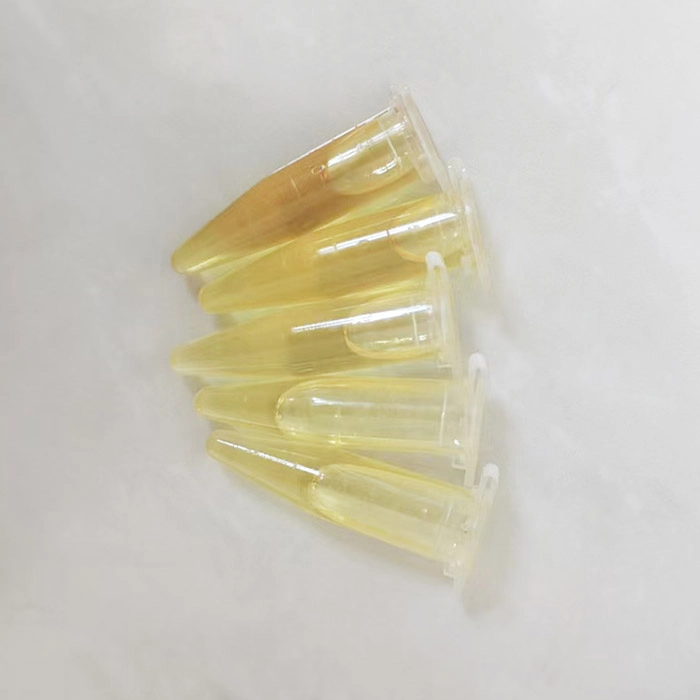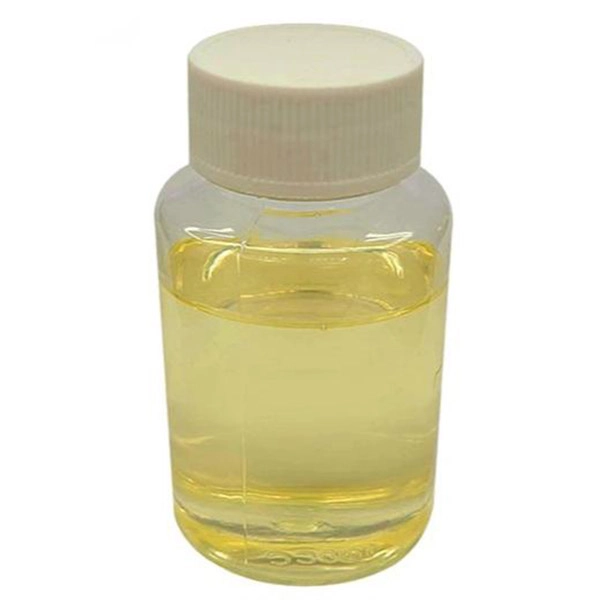+86-15212299029
- All
- Product Name
- Product Keyword
- Product Model
- Product Summary
- Product Description
- Multi Field Search
Views: 220 Author: tcchems Publish Time: 2025-10-31 Origin: Site











Content Menu
● Understanding Yeast Infections
>> How Does Vitamin E Oil Work?
● Can Vitamin E Oil Cause Yeast Infections?
>> The Evidence
● Using Vitamin E Oil for Yeast Infections
>> Precautions
● Other Remedies for Yeast Infections
>> 1. Can vitamin E oil be used as a primary treatment for yeast infections?
>> 2. Is it safe to apply vitamin E oil directly to the vagina?
>> 3. Can vitamin E oil prevent yeast infections?
>> 4. What are the symptoms of a yeast infection?
>> 5. How can I maintain vaginal health to prevent yeast infections?
Yeast infections are a common concern for many women, often leading to discomfort and a search for effective remedies. One such remedy that has gained attention is vitamin E oil. This article explores the relationship between vitamin E oil and yeast infections, addressing common questions and concerns.

A yeast infection, medically known as candidiasis, is caused by an overgrowth of the fungus *Candida albicans*, which naturally resides in the vagina. Under certain conditions, this fungus can multiply excessively, leading to symptoms such as itching, burning, and unusual discharge.
Several factors can contribute to the overgrowth of *Candida*, including:
- Antibiotic Use: Antibiotics can disrupt the natural balance of bacteria and yeast in the vagina.
- Hormonal Changes: Fluctuations in hormones, such as during menstruation or pregnancy, can affect yeast growth.
- Diabetes: High blood sugar levels can promote yeast growth.
- Immune System Issues: A weakened immune system can make one more susceptible to infections.
Vitamin E is a fat-soluble antioxidant that plays a crucial role in maintaining healthy skin and mucous membranes. It is known for its moisturizing and healing properties, making it a popular choice for various skin conditions.
When applied topically, vitamin E oil can help soothe irritation and dryness in the vaginal area. It is believed to have anti-inflammatory properties that may assist in reducing discomfort associated with yeast infections.
Current research indicates that vitamin E oil does not directly cause yeast infections. In fact, some studies suggest that vitamin E may help combat the growth of *Candida* and alleviate symptoms associated with yeast infections.
Vitamin E oil may help by:
- Moisturizing: It can relieve dryness, which is often a symptom of yeast infections.
- Reducing Inflammation: Its anti-inflammatory properties may help calm the irritation caused by the infection.
- Supporting Immune Function: Vitamin E is known to support overall immune health, which can be beneficial in managing infections.
There are several ways to use vitamin E oil for potential relief from yeast infection symptoms:
1. Topical Application: Applying pure vitamin E oil to the vulva can help soothe irritation.
2. Suppositories: Some women opt for vitamin E suppositories designed for vaginal use, which may provide targeted relief.
3. Dietary Sources: Incorporating vitamin E-rich foods, such as nuts, seeds, and green leafy vegetables, can support overall health.
While vitamin E oil is generally safe for topical use, it is essential to consider the following:
- Purity: Use pure vitamin E oil or products specifically formulated for vaginal use. Avoid those with added fragrances or chemicals that may irritate the skin.
- Consultation: Always consult with a healthcare professional before starting any new treatment, especially if you have a history of recurrent yeast infections.
While vitamin E oil may provide some relief, it is not a substitute for conventional antifungal treatments. Over-the-counter antifungal creams and prescription medications are the most effective ways to treat yeast infections.
In addition to vitamin E, other natural remedies may help manage yeast infections, including:
- Probiotics: These can help restore the natural balance of bacteria in the vagina.
- Coconut Oil: Known for its antifungal properties, coconut oil can be applied topically.
- Garlic: Some studies suggest that garlic may have antifungal effects.
In summary, vitamin E oil does not cause yeast infections and may even help alleviate some symptoms associated with them. Its moisturizing and anti-inflammatory properties can be beneficial for vaginal health. However, it is crucial to rely on proven antifungal treatments for effective management of yeast infections. Always consult with a healthcare provider for personalized advice and treatment options.

No, while vitamin E oil may help soothe symptoms, it should not replace conventional antifungal treatments.
Yes, but ensure you use pure vitamin E oil or products specifically designed for vaginal use.
There is no evidence to suggest that vitamin E oil can prevent yeast infections, but it may help manage symptoms.
Common symptoms include itching, burning, and unusual discharge from the vagina.
Maintaining a balanced diet, practicing good hygiene, and avoiding unnecessary antibiotic use can help support vaginal health.
Hot Tags: China, Global, OEM, private label, manufacturers, factory, suppliers, manufacturing company



